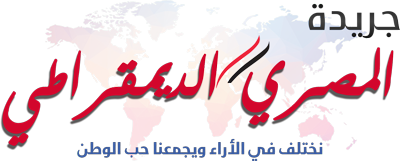Putin Shows Precisely How Much Leaders Matter
This theory is elegant but wrong. All explanations of state behavior must begin with assessments of power, but never is the balance of power the whole story. Leaders and their ideas can also influence state behavior. Putin and Putinism have impacted Russia and its place in the world.
Selected by Boris Yeltsin, and then ratified by the Russian people, to become president in 2000, Putin was an accidental leader. His views on governance and foreign policy were not well known. Early in his tenure, however, he made clear his disdain for checks on executive power. Today, Putin has replaced Russia’s fragile democracy from the 1990s with a consolidated autocracy. Over time, Putin has explicitly rejected liberalism and multilateralism and instead embraced and promoted conservative, orthodox, nationalist ideas. The clash between Putinism and liberalism takes place not only between states but within them.
None of this was inevitable. In the last 30 years, after all, Mikhail Gorbachev, Boris Yeltsin, and even Dmitry Medvedev to a lesser degree have embraced more liberal ideas and sought greater cooperation with the West. Had Yeltsin chosen Boris Nemtsov to succeed him, Russian democracy might have survived, and Russia’s cooperation with the West might have continued.
Because leaders matters, Russia and the West are not destined for confrontation forever because of the balance of power in the international system. A new leader in Russia might change Russia’s path.





